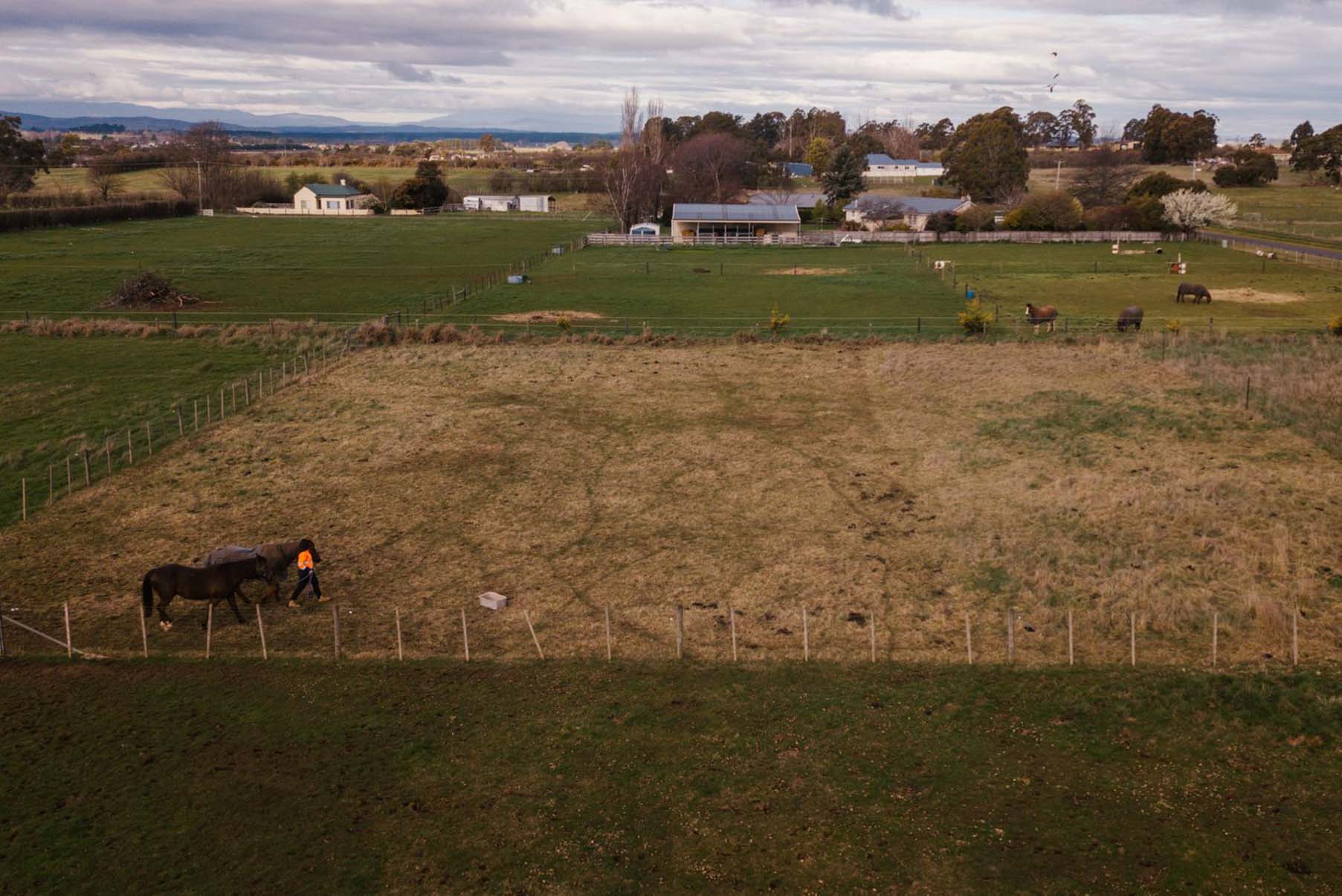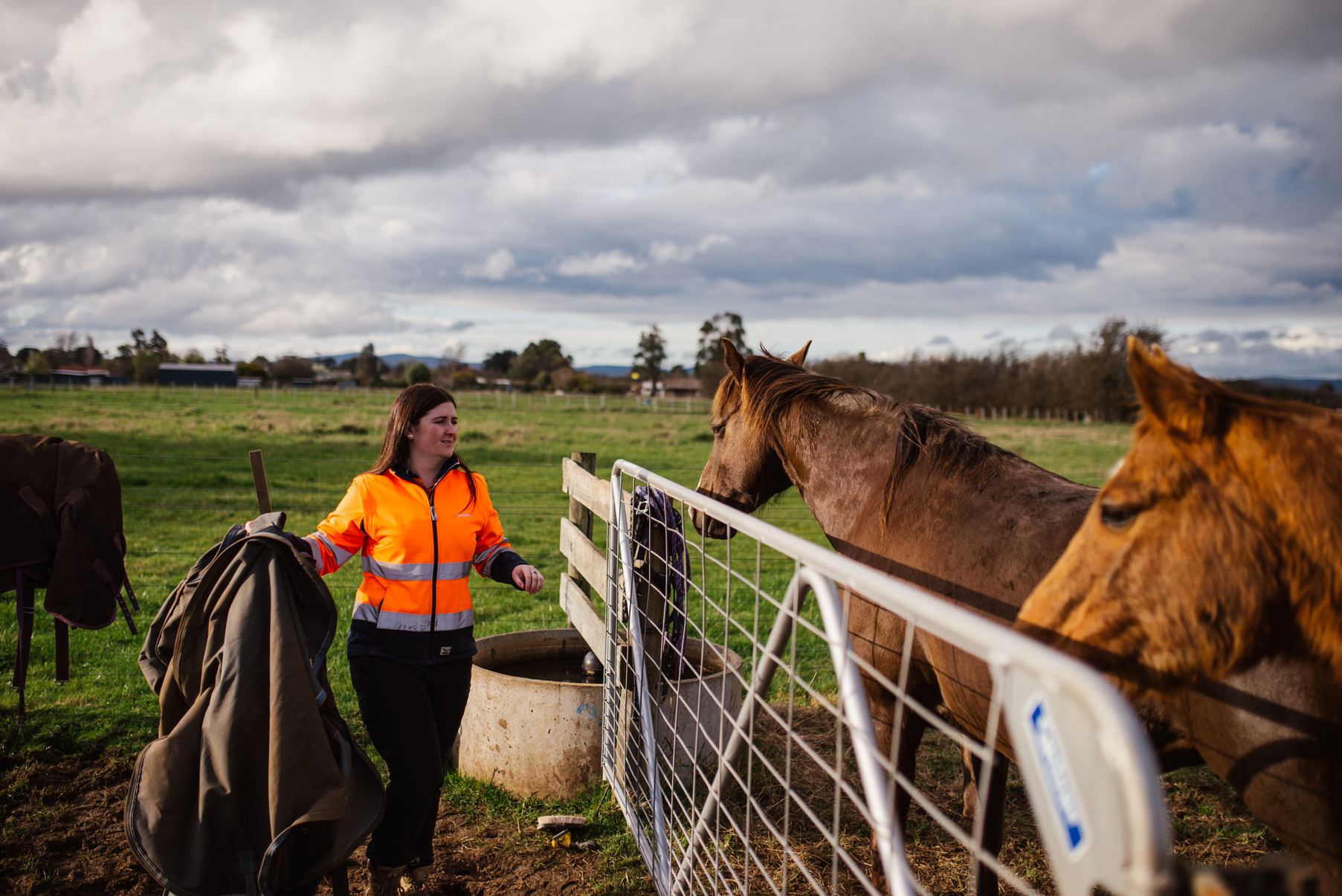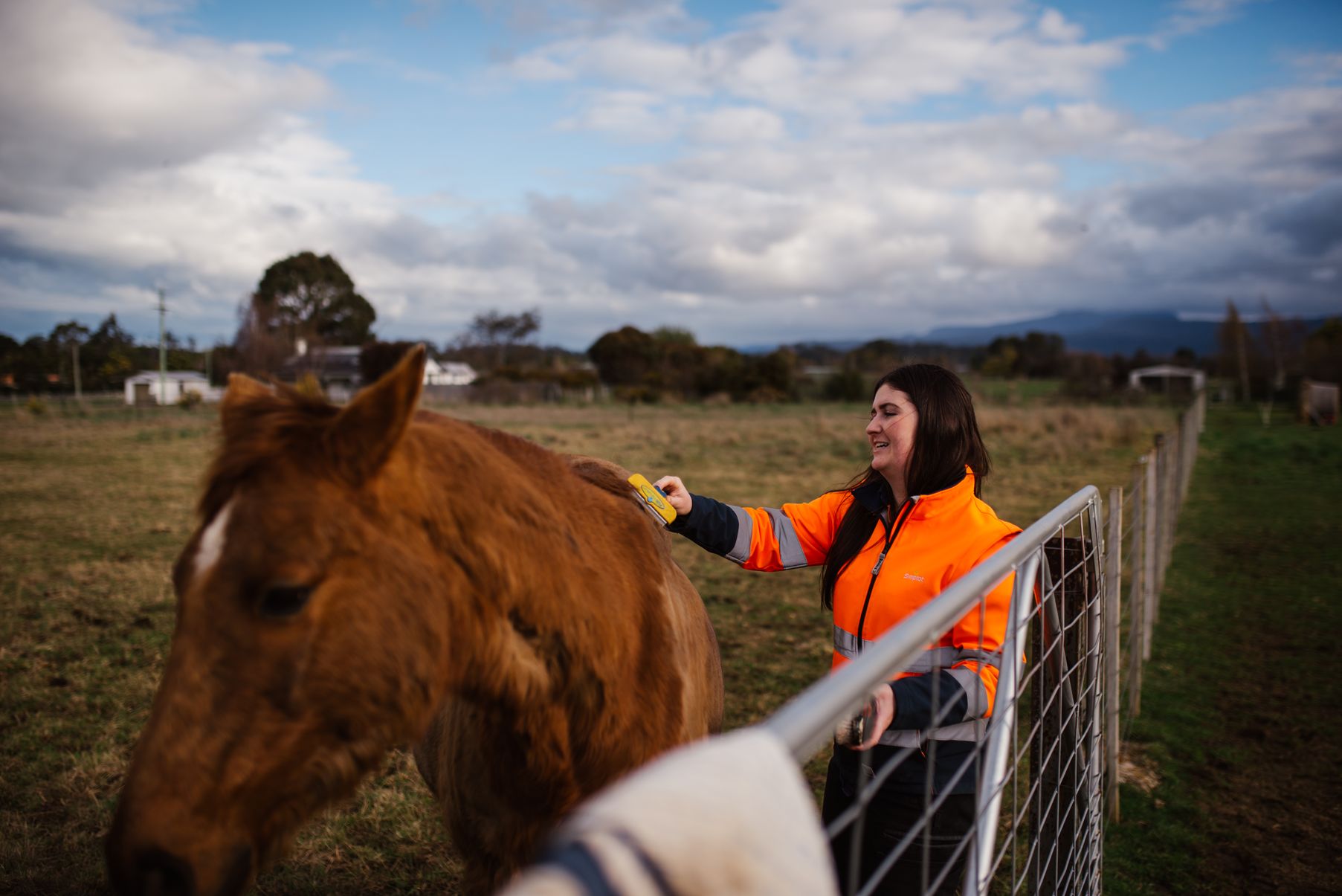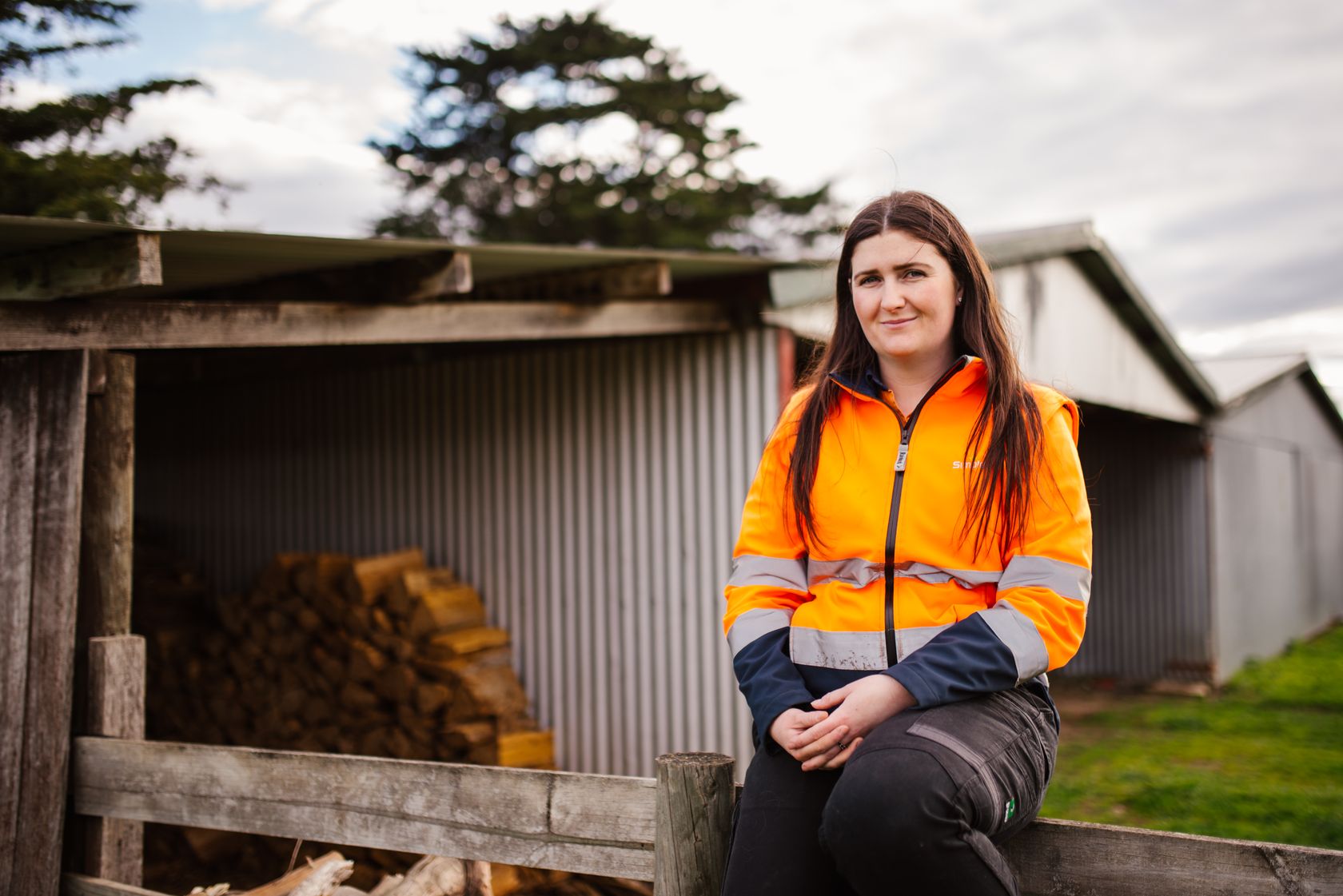Rachel Gill: Setting the foundations for a successful career
Rachel Gill is a 25-year-old Seed Potato Field Officer with Simplot Australia based out of Ulverstone, Tasmania. We profiled her in the October/November 2018 edition of Potatoes Australia magazine.
Fast facts
Name: Rachel Gill
Location: Ulverstone, TAS
Works: Simplot Australia
Role: Seed Potato Field Officer
How did you first become involved in the potato industry?
I first became involved in the potato industry in December 2017 when I started in this role. Prior to that, I had no potato industry experience at all.
What does your role as a Seed Potato Field Officer involve, and what are your responsibilities?
As a Seed Potato Field Officer, I am responsible for making sure that all of our early generation crops are looked after throughout the season, that they are treated correctly when being brought into the coolstore and to ensure that we are receiving the highest quality of seed potatoes possible for our commercial potato growers. My role involves liaising with seed growers; making sure that planting is going well; conducting crop walks to monitor plant health throughout the season; ensuring that harvesting occurs correctly; and that there are no major issues in coolstore with the seed.
What do you enjoy most about working in the potato industry and how do you maintain your enthusiasm?
Honestly there a lot of things that I enjoy about working in the potato industry! Mostly I enjoy the challenge of potatoes; my fellow field officers have told me that I will never stop learning about potatoes and that there are no two seasons the same. There is nothing better than seeing the results of the grower’s hard work when they are rolling up the harvester.


What are the biggest challenges you face working in the industry, and how do you overcome them?
I think the biggest challenge that I face is my lack of experience and knowledge about the potato industry. It has been an extremely steep learning curve and I am grateful for all of the support from the seed growers, my fellow field officers and my Agricultural Services Manager Les Murdoch. The only way to overcome this challenge is to keep asking questions, listen and keep saying yes when people want to show you things.
Where do you receive your on-farm practice advice and information from?
I rely on the seed growers, field officers and agronomists that you get to know over the course of the season for on-farm practical advice and information. I do love Google also but it’s important to validate the information with real world experience from industry people that have been involved in potatoes, for sometimes their whole lives.
In your opinion, what areas of research are important to the potato industry and your business?
I believe that the issue of powdery scab, water and nutrient efficiency of potatoes are really critical to the potato industry so it would be fantastic to see more research in these areas.
"I enjoy the challenge of potatoes; my fellow field officers have told me that I will never stop learning about potatoes and that there are no two seasons the same. There is nothing better than seeing the results of the grower’s hard work when they are rolling up the harvester."
What new innovations, research and/or practices has your business implemented recently?
We have really encouraged our seed growers to take the opportunity to use PreDicta Pt to test the paddocks that they intend to grow seed in, and we believe that it is a good risk management tool for the company and our seed growers.
You attended the AuSPICA Conference in August 2018. What did you learn from the two-day conference, and how important are events like these to the potato industry?
Events like the AuSPICA Conference are extremely important to the potato industry as growers are quite often time-poor. To find information about topics that they want to learn about is time consuming, so to have it all there over a couple of days is great. I obviously learnt a lot, but the biggest learning curve was just how big the potato industry actually is and that we need to all work together to improve the industry to make sure it’s here for a long time.

Where do you see opportunities for growth in the Australian potato industry?
Exporting seed potatoes to not just the Australasian area but further around the world.
Where do you see yourself in five years?
I haven’t set myself any goals or timeframes as to where I would like to be in five years because I still have so much to learn in my current role. I definitely see myself still with Simplot. I suppose when I feel comfortable in this role, and I have made the changes that I have wanted to, then I will think about it.
How do you think more young people could be encouraged to study and take up jobs in the potato industry?
More education needs to happen in primary, high school and university students about exactly where McDonalds fries come from (from our perspective) and what actually goes into creating the finished product that they know. Agriculture is extremely diverse and the opportunities are endless. This is what needs to be conveyed to young people to encourage them to study agriculture and, in particular, potatoes.
This profile first appeared in the leading magazine for the Australian potato industry, Potatoes Australia. If you’d like to subscribe to receive a new edition of Potatoes Australia in your mailbox every two months, use our online subscription form!
Photography credit: Flick + Dave

